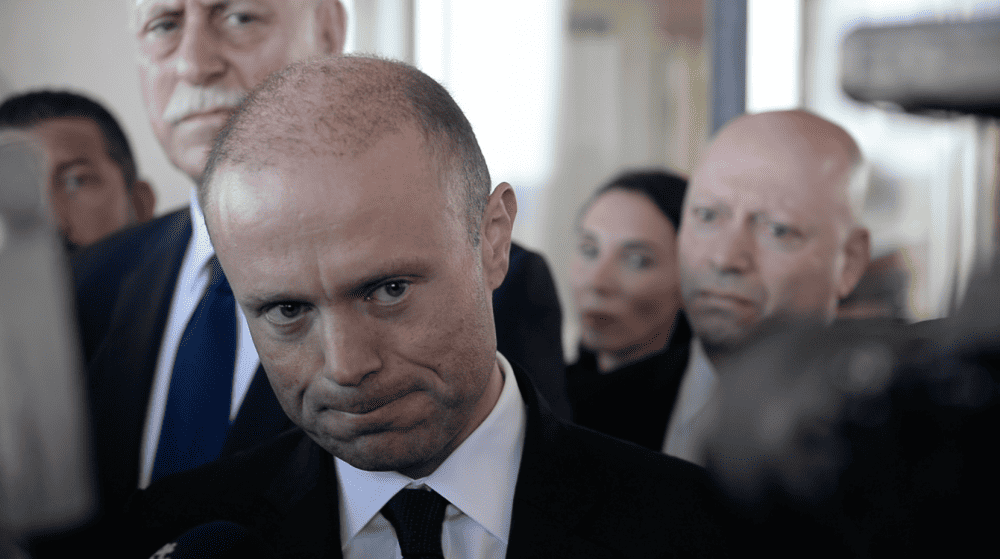
Konrad Mizzi ignored the auditor general’s questions about the botched hospitals privatisation while Joseph Muscat and Keith Schembri sent him non-answers. Darren Debono refused to testify against the bosses of the criminal gang he worked for even after he was pardoned for shooting at police officers trying to stop them robbing a bank. Yorgen Fenech was escorted to Parliament with more security fuss than this country has ever been willing to pay for but when he got there nobody heard his voice.
What is the public seeing? High profile criminals staying mum except to protest their innocence and the country’s institutions unable or unwilling to hand them the justice they deserve.
I’m a broken record, I know. But how is this country going to fight organised crime with disorganised laws? How are we going to defeat the mafia if the state that is supposed to fight it does not yet recognise its existence?
The episode with Yorgen Fenech is particularly grating. It was as pointless as it was predictable. Exactly why did anyone think he would provide any information that would incriminate him unless he was given some assurance that it would not?
He is awaiting trial charged with the most serious offence on our books, murder. Though the motive of the murder does not need to be part of the prosecution’s case, investigators have openly stated they believe Yorgen Fenech killed Daphne Caruana Galizia because she was about to expose corruption in the Electrogas deal. Yorgen Fenech has the right to remain silent at his own trial for the murder. Why would anyone think he would forfeit that right at a Parliamentary inquiry?
Seriously, why was he even summoned as a witness? I had to hold on to that question just in case there were some behind the scenes discussion between lawyers and staffers for the Public Accounts Committee and Yorgen Fenech’s lawyers. But who am I kidding? The Public Accounts Committee has no lawyers and staffers. Yorgen Fenech does.
Not that I would countenance the notion of some sort of deal with the boss. Why would I when I consistently argue that, if convicted, Yorgen Fenech should be punished with the full force of the law?
Even if we were to entertain the idea that Yorgen Fenech could be turned into a useful witness, what would the state do with that information? The Public Accounts Committee cannot do anything, can it? Parliament can’t do anything. No one can promise Yorgen Fenech anything and they cannot promise the public that they could do anything against anyone exposed by him if it came to that.
All we have is form. No substance.
The courts cannot make promises either. If the attorney general bungles up plea deals (like she did in Darren Debono’s case) or discards the evidence (like she did in the Pilatus case) any evidence that would emerge from negotiating with some turncoat would be squandered. And judges are no better than spectators to the messes made by the prosecution service, for a want of a more fitting word than service.
We have bought expensive SUVs to transport prisoners. We have more masks, guns, and sirens than we might need to invade another small country. We can put on a show outside the court building that would make viewers think we’ve had decades fighting ETA or the IRA.
But it’s all show. The only worthwhile measure of utility of all this neo-fascist law and order spectacle is convictions and we have none. We have silent witnesses pleading the fifth and mocking us for the futility of our anger. We have a mealy-mouthed prime minister who speaks about organised crime and corruption like a hostage holding a newspaper on a video tape assuring his audience he is being treated well by the people holding the camera, and several guns. We have a chief prosecutor who enjoys the trust and the confidence of criminals, the constituency she should be least popular with. And we have a police force whose claim to the people’s trust is that they have new Chinese spandex outfits to unleash new life into boring fetishist lifestyles.
How many times is too many times to say that change is needed.